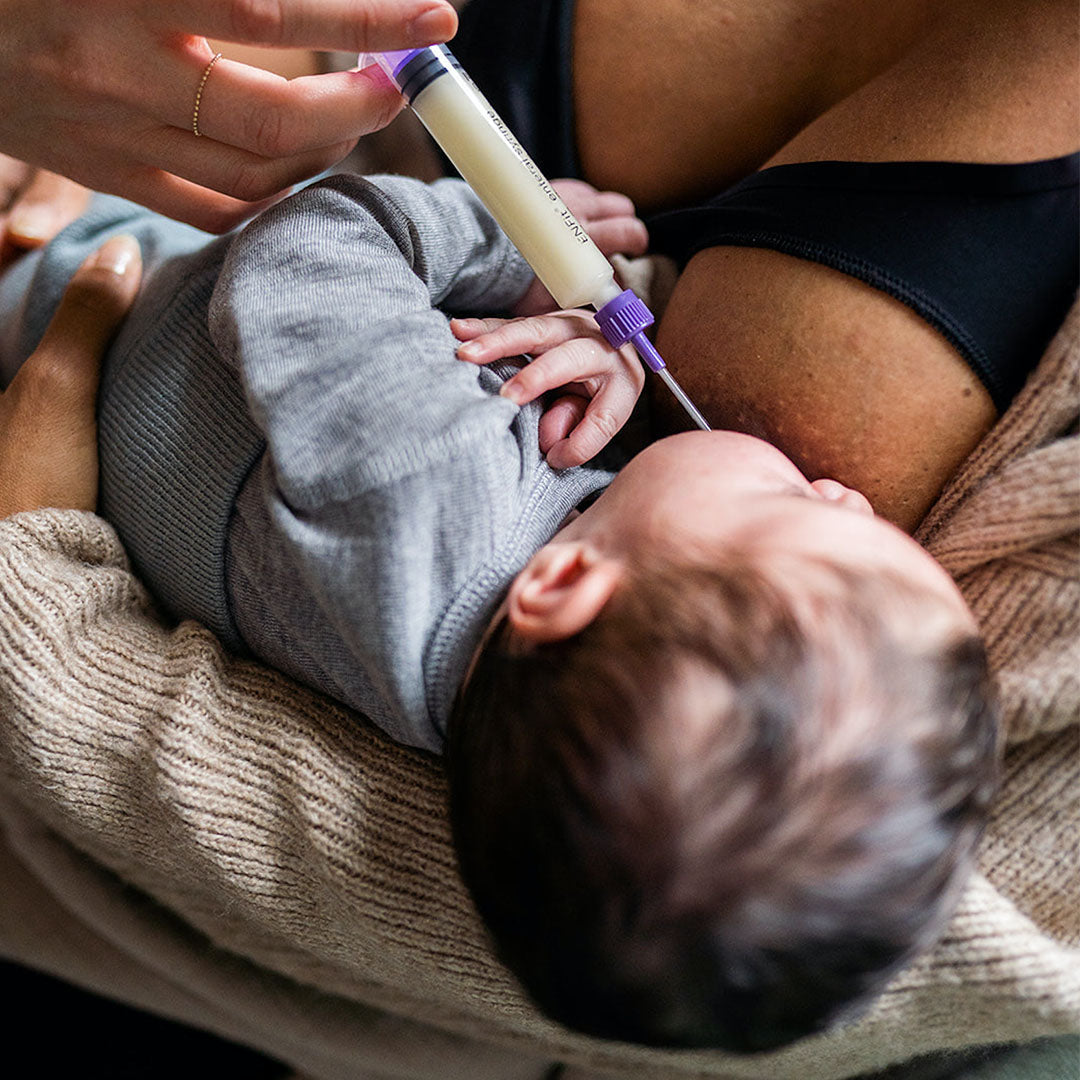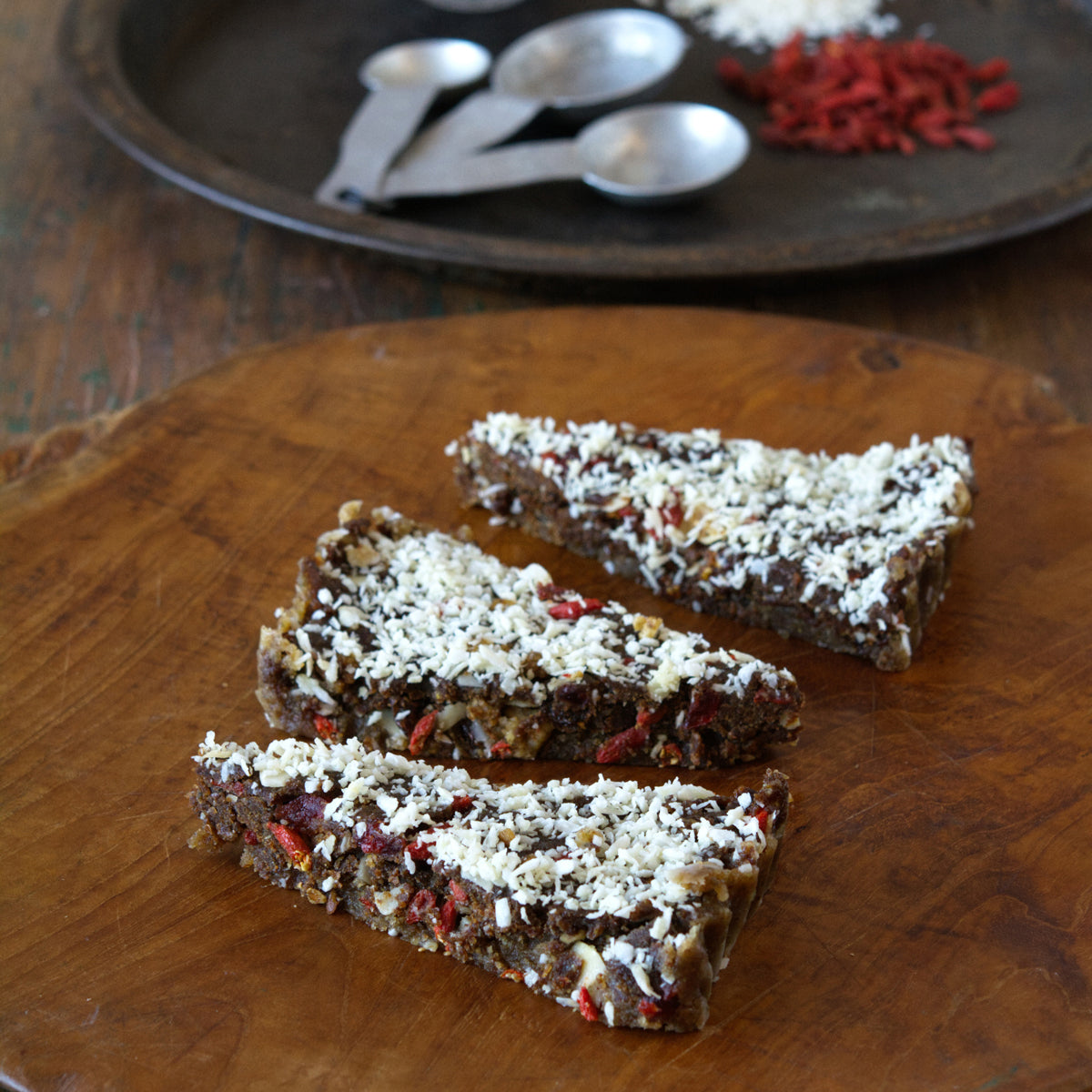Preliminary: What You Should Know About Morning Sickness During Pregnancy
It’s estimated that 70% of women suffer from morning sickness during early pregnancy. So if you're dealing with this unpleasant symptom, you're not alone. While it’s not a fun experience, it is actually a good sign that the pregnancy is progressing. Studies confirm that women who experience morning sickness often have a lower risk of miscarriage. A small comfort: While you’re feeling terribly nauseous, your baby is doing great.
However, there’s good news: For the other 30% of women, morning sickness doesn’t occur, which also isn’t a cause for concern. You’re lucky enough to be in the group that doesn't experience this symptom. But how can you cope with this uncomfortable phase?
Causes of Morning Sickness During Pregnancy
The exact cause of pregnancy nausea (also known as morning sickness) is still not fully understood, but several important factors contribute:
- The body produces progesterone during pregnancy, which relaxes the blood vessels and can lead to nausea.
- The body is working overtime to supply the growing fetus, which can throw the digestive system off balance.
- Many pregnant women become sensitive to certain foods or smells that normally wouldn’t bother them.
7 Midwife Tips to Help Alleviate Morning Sickness
1. Find Out What Helps – Trust Your Instincts
The most important thing with pregnancy nausea: Find out what makes it worse and what helps you feel better. Even if you’re eating foods that aren’t necessarily part of a balanced diet, the goal is to feel better. Just avoid alcohol and excessive coffee consumption as these can further stress your body.
Listen to your body and trust your instincts. In the first 12 weeks, the support of your partner, close friends, and family is essential for giving you a break. Your body is working hard, and you need time to rest.
2. Maintain a Consistent Insulin Level – Eat Small Meals Throughout the Day
A consistent insulin level is especially important to avoid worsening nausea. Avoid foods that cause your insulin levels to spike rapidly and then crash (like sugary snacks). Make sure your stomach always has something to do by eating small meals throughout the day. Having a small snack in the morning can already help you start the day off better.
3. Acupuncture and Osteopathy – These Might Help
Acupuncture and osteopathy are natural methods that can help alleviate nausea for some women during pregnancy. It's worth discussing these options with your midwife to see what works best for you.
4. Ginger: A Well-Known Remedy
Ginger is a tried-and-true remedy for nausea, and it can be taken in tea or capsule form. Ginger not only calms the stomach but also has anti-inflammatory properties. Additionally, Traditional Chinese Medicine recommends warming foods like breakfast porridge or mashed potatoes to calm the stomach.
5. Vitamin B6 in High Doses – Support for Nausea
Although not widely used, many women are now benefiting from high-dose Vitamin B6 (40–60 mg per day). It’s best to take Vitamin B6 in tablet form, spread throughout the day (for example, 20 mg in the morning and evening). Studies have shown that Vitamin B6 can help alleviate nausea during early pregnancy. However, make sure to consult with your midwife or doctor before starting supplementation. A good product is Mama Well by Into Life.
6. Exercise and Contrast Showers – Boost Your Circulation
Exercise is beneficial! Especially swimming or yoga can help stimulate your circulation and reduce nausea. Contrast showers with warm and cold water are also great for boosting circulation and can positively affect water retention. The warm water opens the blood vessels, while the cold water constricts them again.
7. Comfort Products Are Helpful
Fortunately, there are some comfort products that can have a positive impact on swollen legs during pregnancy, like the Recover Spray by Into Life. Not only is it great for postpartum recovery, but it can also help relieve water retention during pregnancy. Additionally, Leg and Vein Spray by Susanne Kaufmann is a refreshing option. It can be applied over compression stockings and provides a cooling effect.

Distraction is the best defense
Sometimes it can also help to distract your thoughts with a pleasant scent.
Q&A: Frequently Asked Questions About Morning Sickness During Pregnancy
Morning sickness occurs due to hormonal changes, metabolic shifts, and sensitivity to certain foods and smells. These changes prepare the body for pregnancy.
Effective measures include: small meals throughout the day, acupuncture, Vitamin B6, and ginger. It’s important to listen to your body and give yourself rest.
Morning sickness typically occurs in the first 12 weeks of pregnancy and usually disappears by itself. If it persists or is very severe, consult your doctor.
Yes, studies show that Vitamin B6 can help reduce nausea during early pregnancy. However, it’s recommended to consult with your midwife or doctor to determine the right dosage for you.

Mama Well
A Supplement for the First Weeks of Pregnancy: High-dose Vitamin B6 and organic ginger extract support you through potential side effects during this special time. Mama Well by Into Life is the perfect product for this – it contains high-dose Vitamin B6 and other super-power ingredients that help you manage nausea.
Conclusion: You’re Not Alone – Morning Sickness Will Pass
While morning sickness during pregnancy can be uncomfortable, it’s generally a positive sign that the pregnancy is progressing. You’re not alone, and with the right support and measures, you can get through this phase. Listen to your body, take good care of yourself, and trust your inner strength – you’ve got this!


